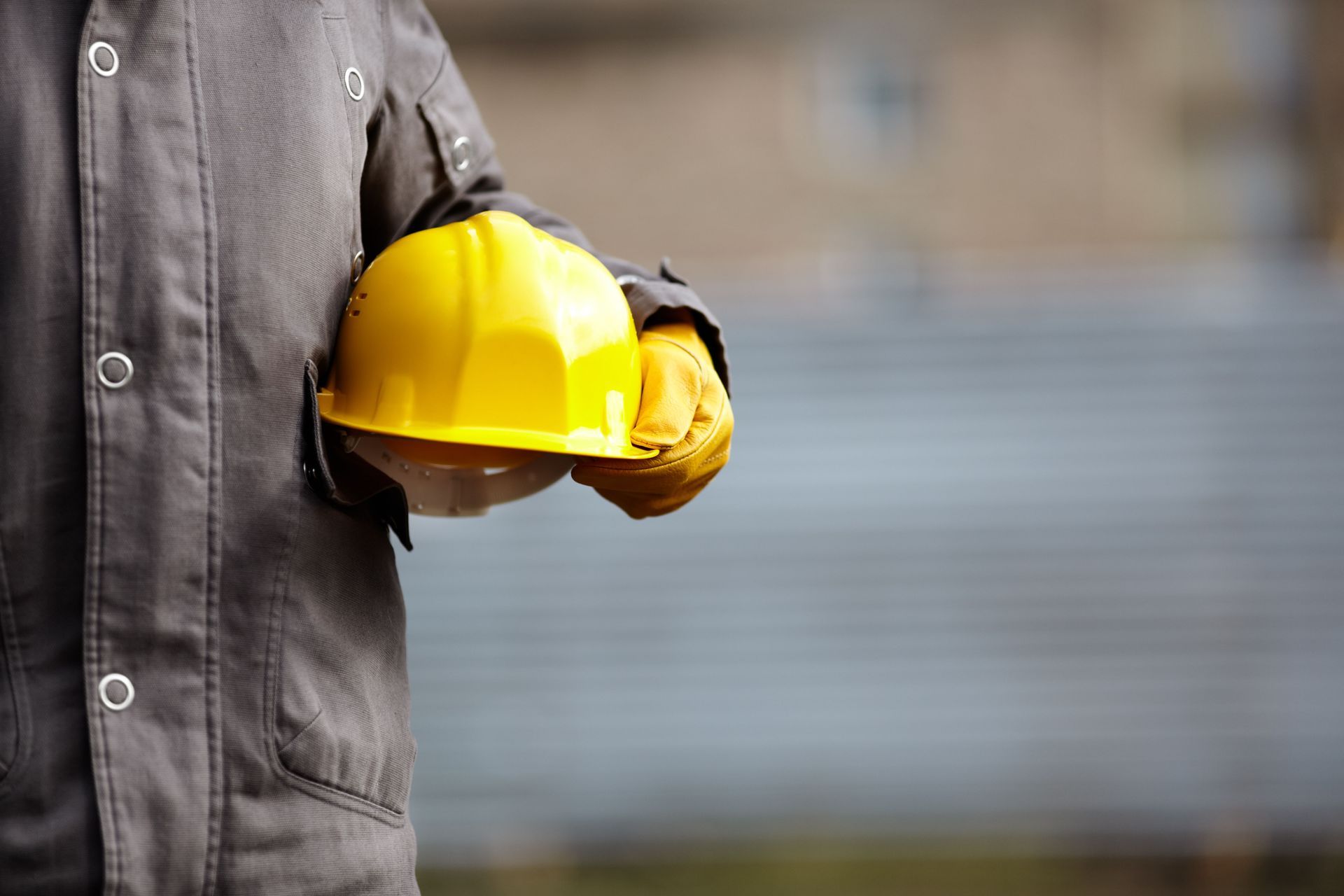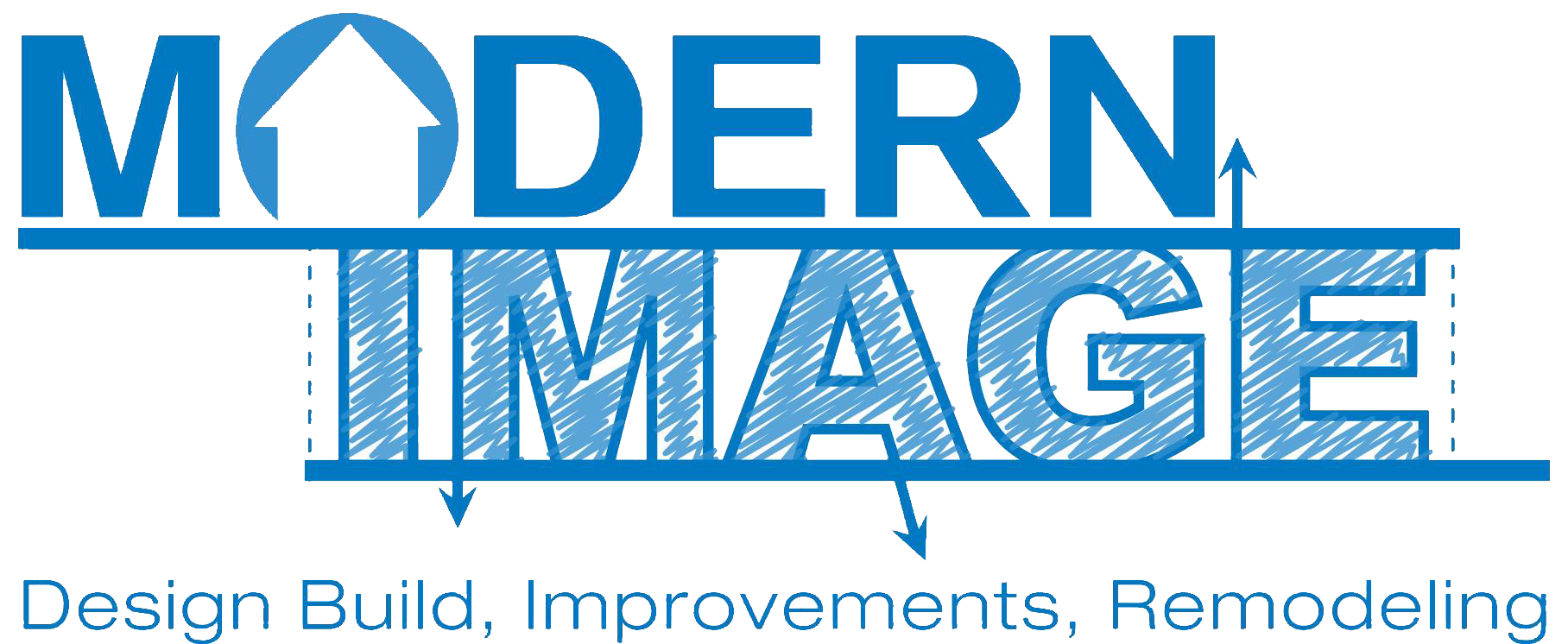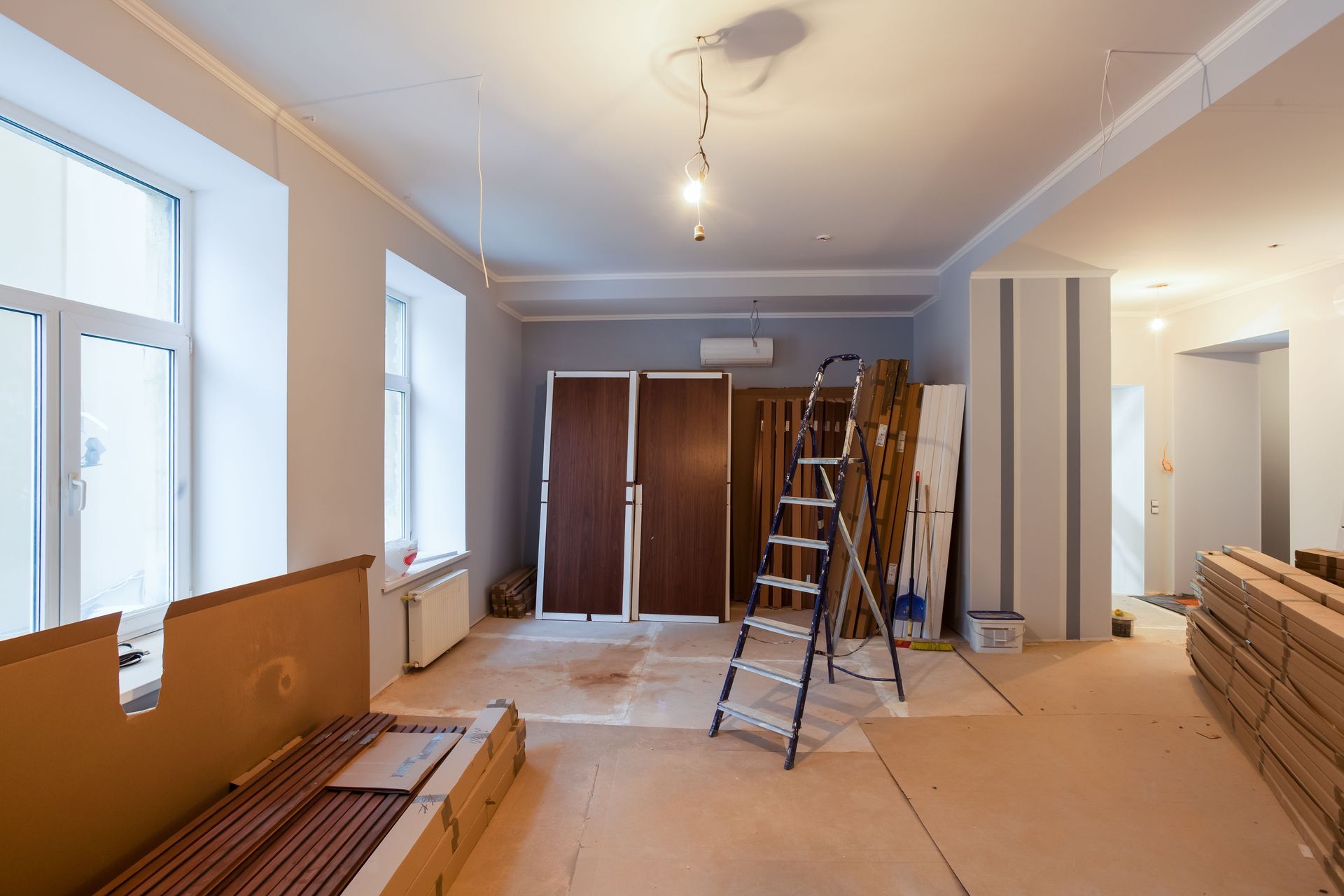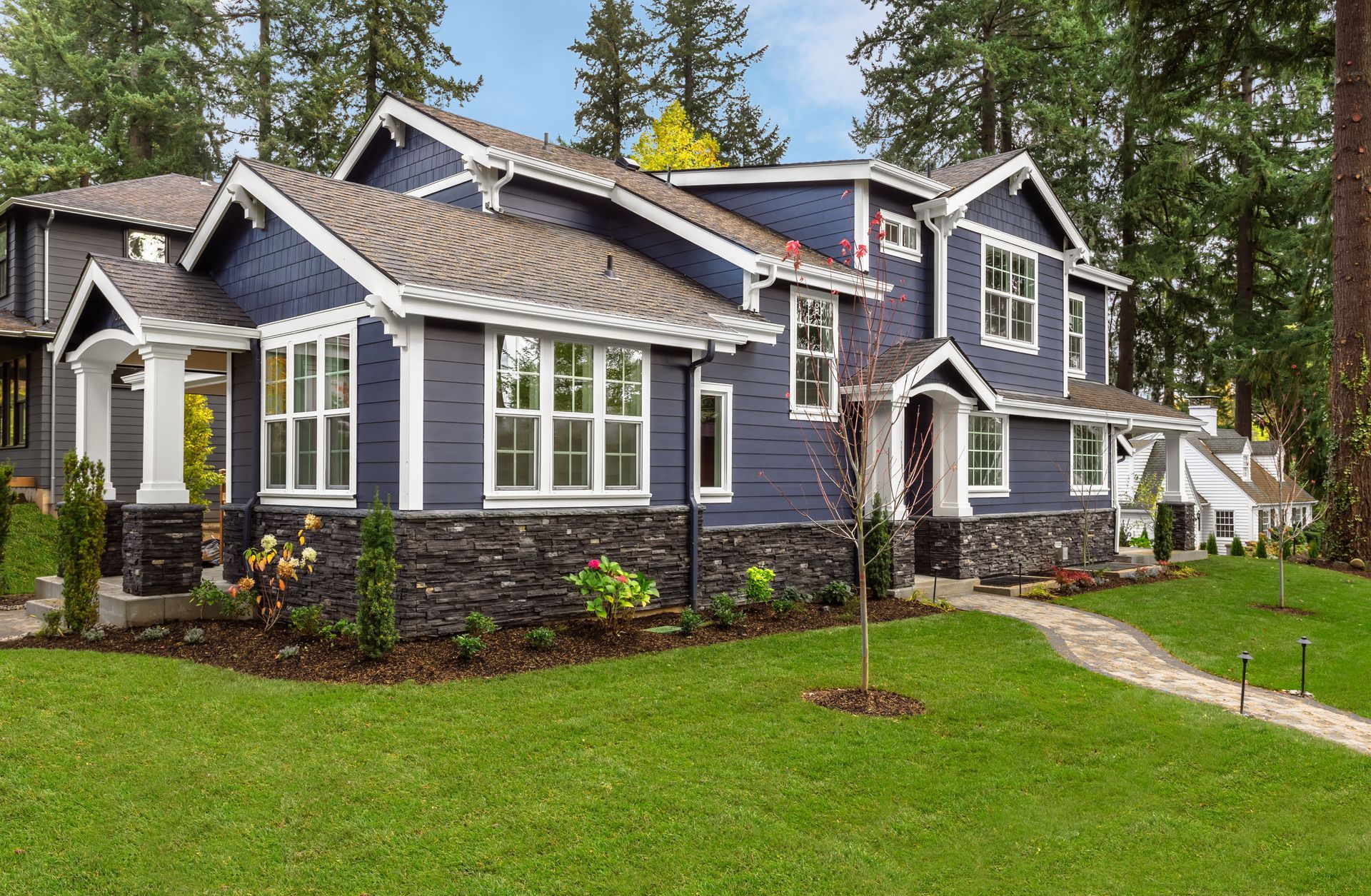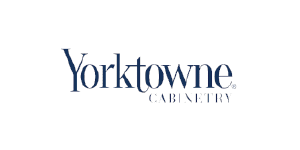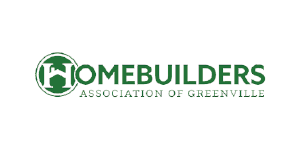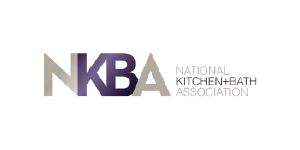September 28, 2025
Embarking on a construction or renovation project can be daunting. Hiring the right general contractor is crucial to ensuring your project runs smoothly and is completed to your satisfaction. Before committing to a contractor, there are essential questions to ask that can help you gauge their suitability for your needs. In this article, we will explore these critical questions to assist you in making an informed decision.
1. What is Your Experience with Similar Projects?
It is essential for a general contractor to have handled projects that are similar in nature and scale to yours. This ensures that they possess the requisite know-how and skills necessary to manage your expectations. Ask specific questions about the types of projects they have managed in the past, including any that directly align with your own. According to This Old House, you should ask the contractor you’re thinking of hiring for three references to get a better understanding of their past performance.
Additionally, inquire about how long they have been in the industry. A contractor with many years under their belt likely has a wealth of knowledge and a well-rounded skill set. They may have encountered various challenges and have developed problem-solving strategies that newer contractors might lack. Furthermore, a seasoned contractor will often have established relationships with subcontractors and suppliers.
Understanding their familiarity with local building codes and regulations is also crucial. Each region may have different requirements, and a contractor well-versed in these will navigate them more effectively. They should provide examples of past projects where they utilized this knowledge to overcome obstacles. Ask them directly how they stay updated with the latest industry standards.
2. Can You Provide a Detailed Estimate?
A comprehensive estimate is a cornerstone in avoiding surprises during construction. You should request a detailed breakdown of costs, showing how funds will be allocated throughout the project. This will help you identify any areas where adjustments might be necessary and allow for better budget management. Materials and labor charges should be transparent, enabling you to see exactly what you’re paying for and helping you to identify any potential savings.
The payment schedule should be clearly outlined in advance. This ensures you are both on the same page regarding when payments are due, which helps to manage cash flow during the project. Moreover, discuss and agree upon a contingency budget. This extra reserve is critical in covering unexpected costs, which can arise due to unforeseen challenges or changes in project scope.
Clarification on any hidden costs that might not be immediately apparent in the initial estimate is also imperative. Some contractors might list a generic cost estimate, which can increase as the project progresses. By asking for transparency from the start, you avoid potential disagreements and maintain a good relationship with your contractor. It’s wise to clarify if there will be any penalties or additional charges if the project goes over budget.
3. What is Your Project Timeline?
The timeline of your project is just as important as the budget. You should establish clear, realistic expectations for estimated start and completion dates. Confirm that the contractor has the time to commit to your project and fully invest in its success. A well-planned timeline takes potential delays into account, acknowledging factors such as weather, supply chain issues, or subcontractor availability.
Understanding the protocols for handling delays can put your mind at ease should unexpected issues arise. A general contractor with a contingency plan demonstrates thorough preparation and an ability to adapt. Ask how they communicate progress and whether they hold regular meetings to update you on milestones and obstacles. This active involvement can help alleviate stress and anxiety, knowing that your project is in capable hands.
Milestone planning and progress checks should be integral parts of a contractor’s timeline strategy. These tools help measure progression against targets, ensuring that the project remains on track and within budget. Collaboration and coordination with subcontractors and suppliers are also essential to maintain momentum, as any delays in these areas can have a ripple effect on the entire timeline. Therefore, it’s important to have transparency around how these relationships are managed.
4. How Do You Handle Communication?
Effective communication is the backbone of a successful construction project. Identifying the primary point of contact can streamline communication and prevent any misunderstandings or delays in relaying critical information. Typically, this person will be responsible for keeping you updated and addressing any questions or concerns you might have. Establishing protocols for communication from the start ensures a smooth flow of information between you and your general contractor. This framework can greatly reduce frustration and enhance mutual understanding.
Inquiry about the frequency of updates is a practical way to stay engaged with the project. Regular check-ins help make adjustments where needed before issues escalate. Moreover, determine the methods of communication that work for both you and your general contractor. Whether it's regular phone calls, emails, or dedicated meetings, having a set structure can lead to more efficient discussions and quick resolutions. Clear communication channels also foster collaboration, helping you and your contractor to work together cooperatively toward your shared goals.
Addressing concerns and changes swiftly is another aspect of proactive communication you should emphasize. Changes in scope, budget, or timeline should be communicated immediately to avoid significant setbacks. A contractor who is open to discussing potential conflicts and resolving them provisionally demonstrates professionalism and respect for your project. Ask about their approach to conflict resolution, as unresolved disputes can lead to dissatisfaction and mistrust. Clear, timely communication helps build trust and ensures the project progresses smoothly.
5. What is Your Safety Record?
Safety should be a primary concern when selecting a contractor. Inquire about their safety certifications and training measures put in place for their crew. A general contractor committed to safety will have a robust program in place to educate their team on the best practices and procedures for maintaining a safe job site. Understanding their incident rate and preventive measures further demonstrates their dedication to creating a secure environment for their workers.
Site safety management is another critical area to explore in your discussions. Ask about regular safety audits and OSHA compliance, as adherence to these standards is key to minimizing risks. An experienced contractor will schedule inspections and implement necessary adjustments to address any safety concerns identified. By doing so, they can prevent accidents, ensuring that your project proceeds without unnecessary interruptions.
Finally, understanding their emergency protocols and response plans adds another layer of security to your project. It’s crucial to know how they will handle potential emergencies, from small injuries to significant structural issues. Quick response times can minimize damage and restore safety conditions rapidly, mitigating any impact on your timeline and budget. A contractor with a detailed emergency response plan is a reassuring choice, preserving not only the safety of the site but also protecting your investment.
Choosing the right general contractor requires careful consideration and due diligence. By asking the right questions, you can ensure they are qualified, capable, and a good fit for your project's needs. An experienced contractor will not only help you navigate the complexities of construction but also provide peace of mind that your investment is in good hands. If you need a professional general contractor to help with your next remodeling project, contact Modern Image Kitchen & Bath.
